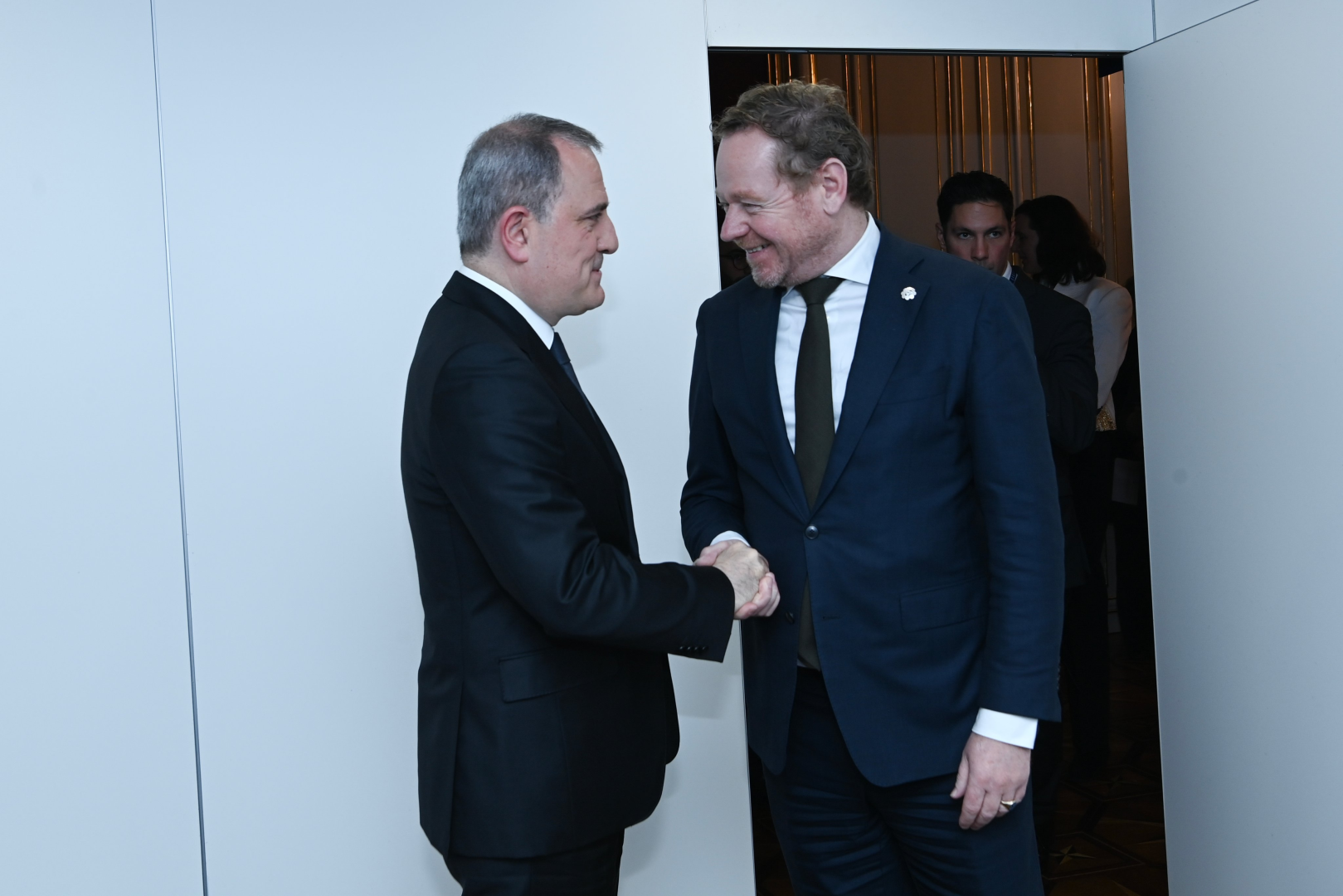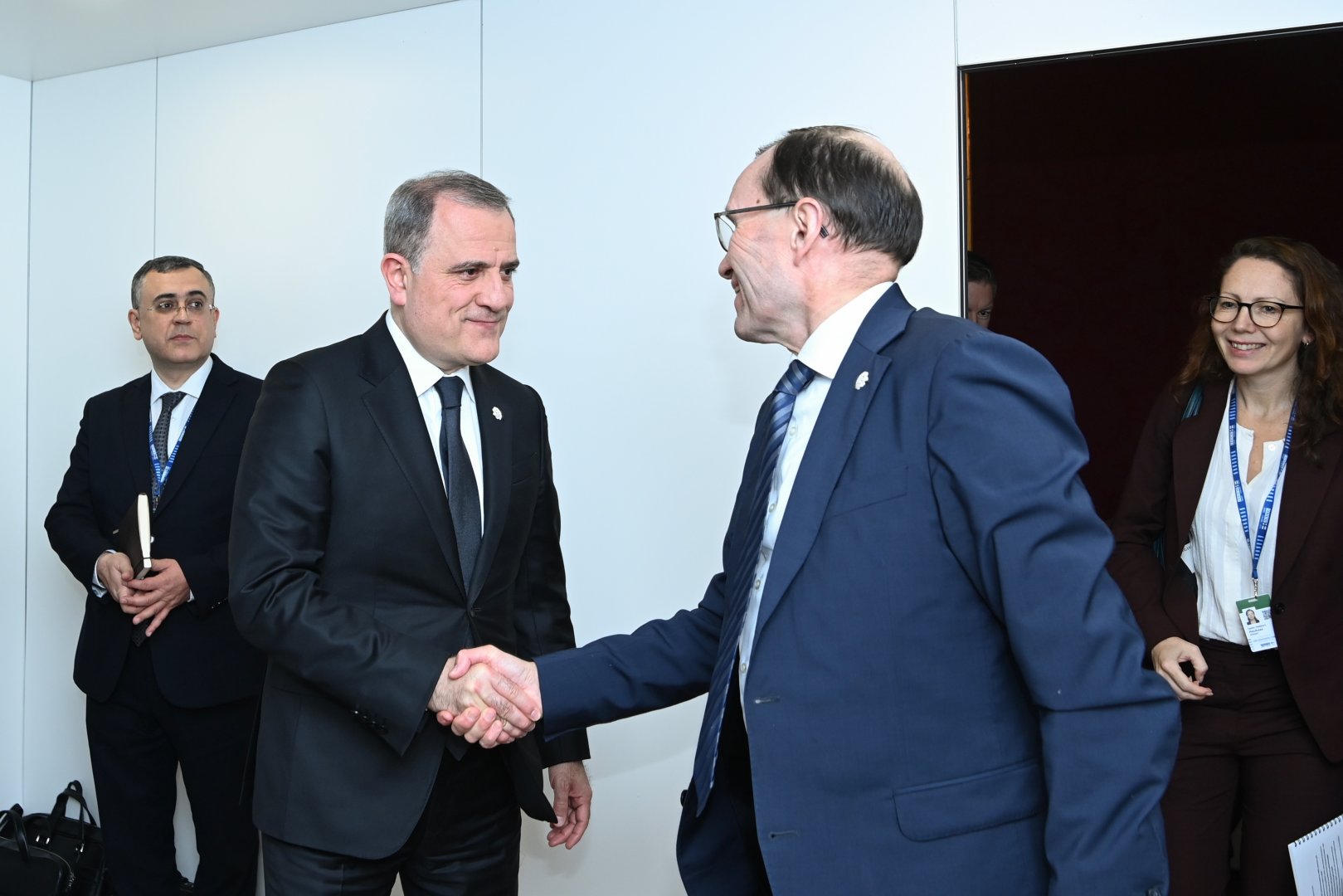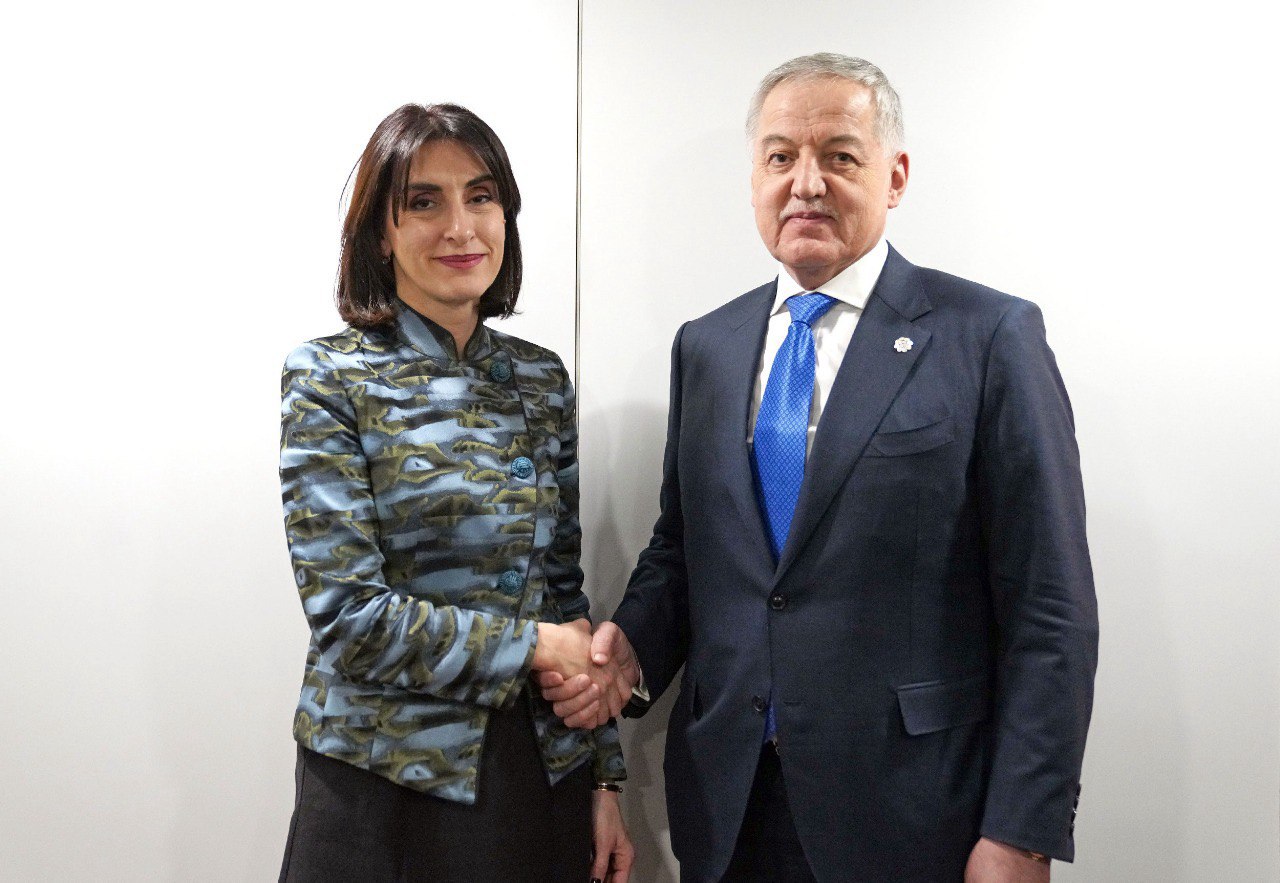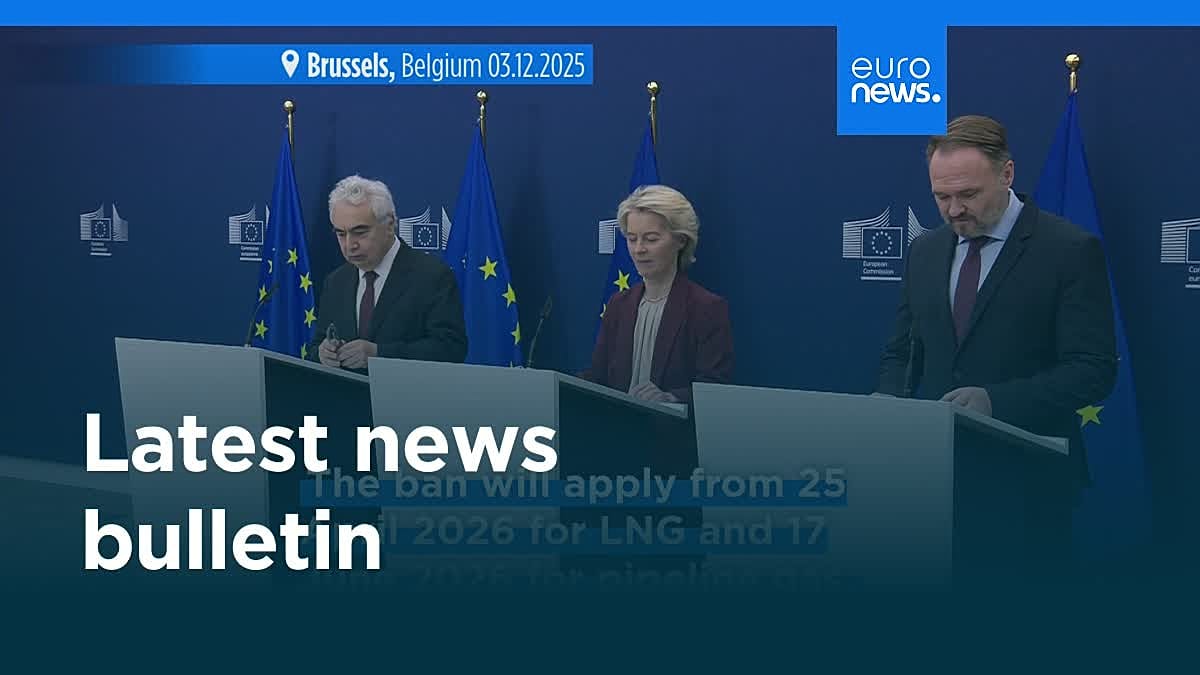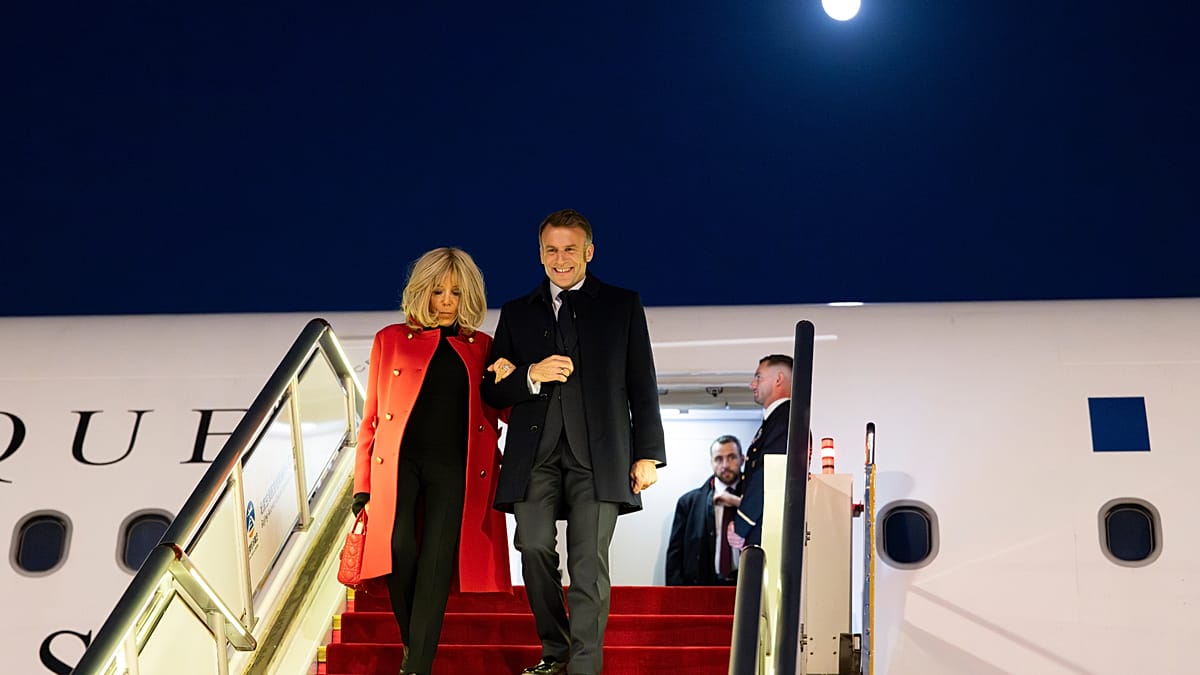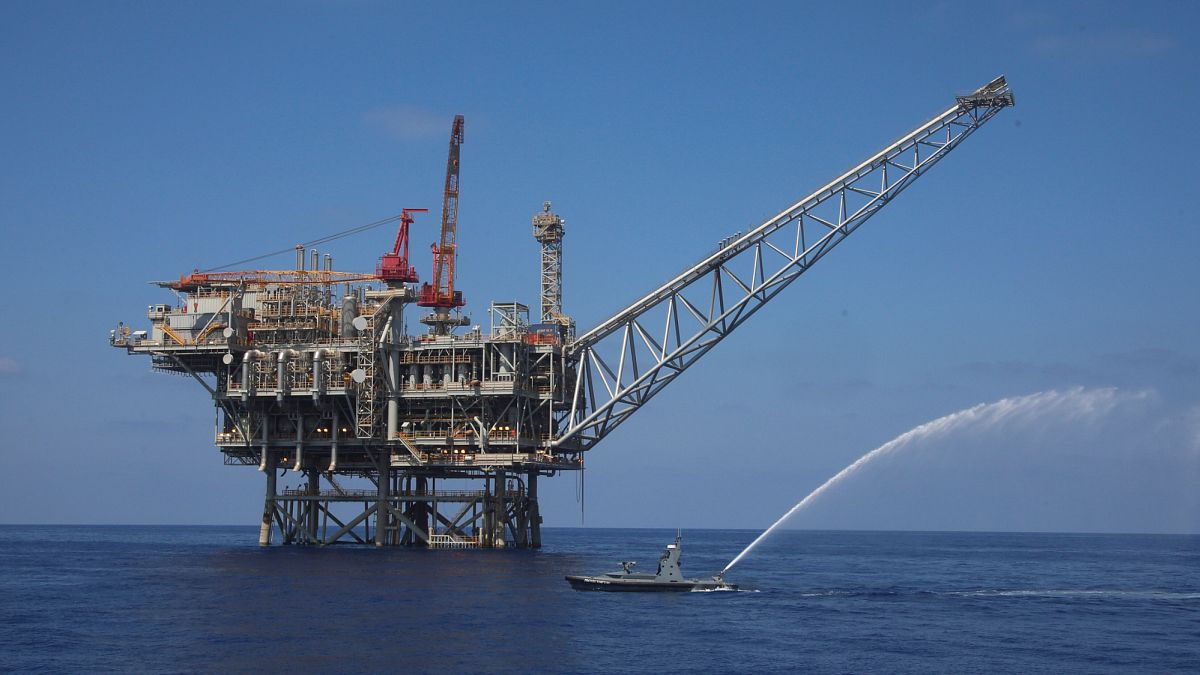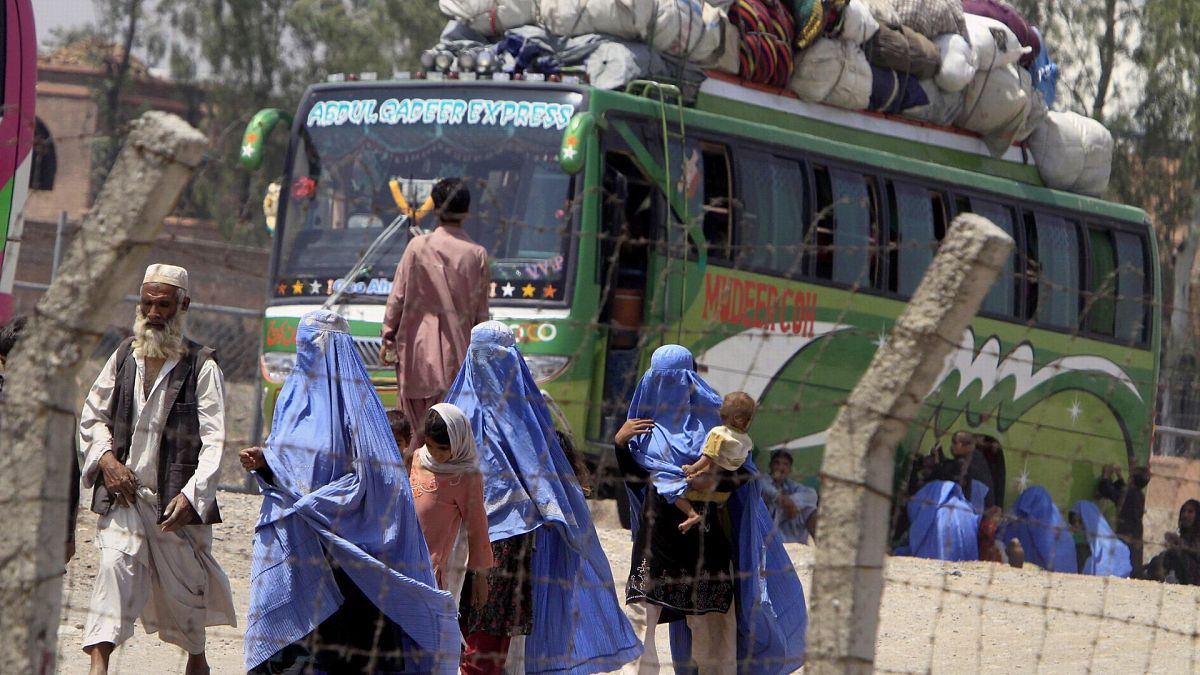Germany supports strict Danish asylum policy
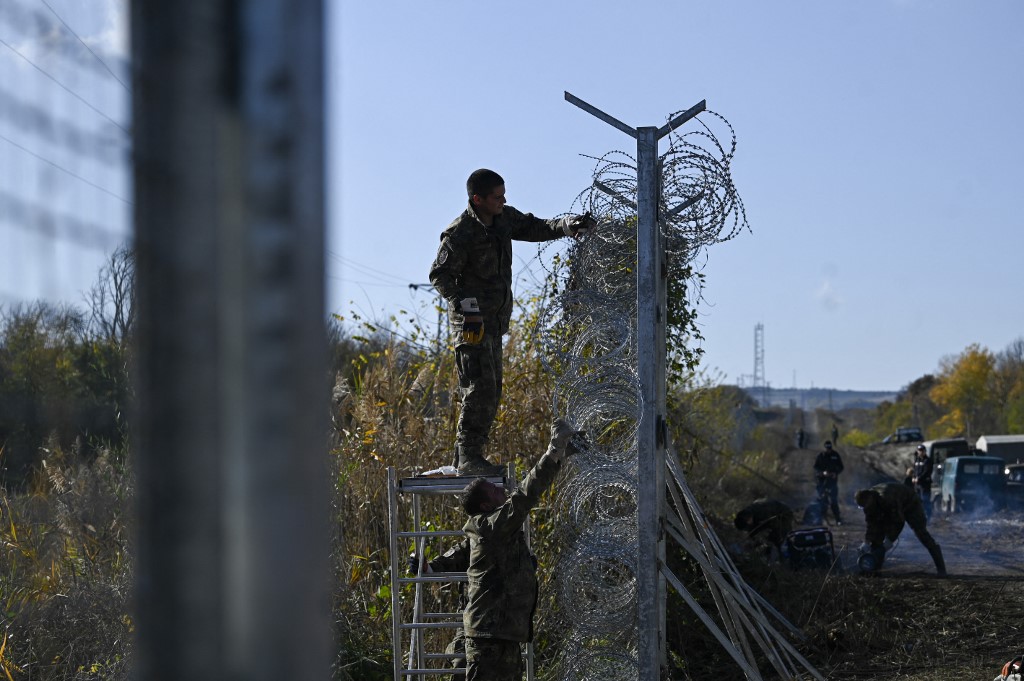
It has been a long time coming. But in the past week, it has become quite clear.
The EU heavyweights, Germany and France, are now backing Denmark’s desire to reform the EU’s asylum and migration policy.
– Germany will no longer be a brake on combating illegal migration.
Such was the blunt statement from Germany’s Interior Minister, Alexander Dobrindt, when he participated in a meeting of EU countries’ interior ministers in Copenhagen on Tuesday.
The announcement came after Dobrindt hosted a migration meeting for France, Poland, Austria, the Czech Republic, and Denmark last week.
Here, there was talk of more repatriations to Syria and Afghanistan. A strengthening of the EU’s border agency, Frontex. And cooperation with countries outside the EU to curb migration.
Thus, it is clear that Germany under Chancellor Friedrich Merz is gearing up for a complete break with the “Welcoming Culture,” which former German Chancellor Angela Merkel became a symbol of when she opened Germany’s borders to more than one million migrants in 2015.
– Germany is back on the team of European countries that want to curb illegal migration, said Alexander Dobrindt on Tuesday.
Germany now supports Denmark’s long-standing wishes to move asylum applications out of Europe and establish repatriation centers outside of Europe.
France’s Interior Minister, Bruno Retailleau, also wants a breakthrough:
– It is a democratic issue. Because everywhere in Europe – regardless of whether the governments are conservative or social democratic – the populations have the same demand.
– They want us to take back control of the massive migration. A control that we have completely lost, said Bruno Retailleau on Tuesday in Copenhagen.
The French minister wants, among other things, to strengthen the EU Commission’s proposal for a new repatriation directive:
– Right now, EU countries are totally disarmed in relation to forced repatriations. We need to be more effective, said Bruno Retailleau.
The Minister for Immigration and Integration, Kaare Dybvad Bek (S), experiences that more and more EU countries are supporting the desire for repatriation centers outside the EU.
– We are in a situation where 50 percent of the people seeking asylum in Europe are denied. But only one in four is sent back to their country of origin, says Kaare Dybvad Bek.
He emphasizes that Germany’s new line in asylum and migration policy could have significant implications for Europe.
– It is crucial to be able to create innovative solutions that a large country like Germany is now backing. It will make a big difference, and I believe it will succeed, says Kaare Dybvad Bek.
However, there are two major challenges.
First, the interventions must be in accordance with human rights and the constitutions of the countries.
Here, both Germany and France may face challenges. In Germany, the right to asylum is enshrined in the constitution. France also has challenges:
– When we discuss innovative solutions, France has some constitutional blockages.
– But when it comes to repatriation centers, that is not the case. And I support anything that can make repatriations more effective, says Bruno Retailleau.
The European Union Agency for Fundamental Rights has, however, warned in a recent report that repatriation centers cannot be “rights-free zones.”
Among other things, there must be an individual assessment behind each case.
EU legislation also prohibits arbitrary detention or transfer of individuals who would be subjected to “serious harm or inhuman or degrading treatment,” according to the agency.
But perhaps the most difficult task is for the EU to ensure that the third countries housing the centers respect the rights in EU law.
However, the EU Commissioner for Home Affairs and Migration, Magnus Brunner, is not willing to give up in advance. He is proposing to conduct “migration diplomacy” to establish agreements with countries outside the EU.
– We need to put migration on the table when we talk to third countries about trade and other issues.
– We need to make it clear that migration is of enormous importance to Europe, says Magnus Brunner.
